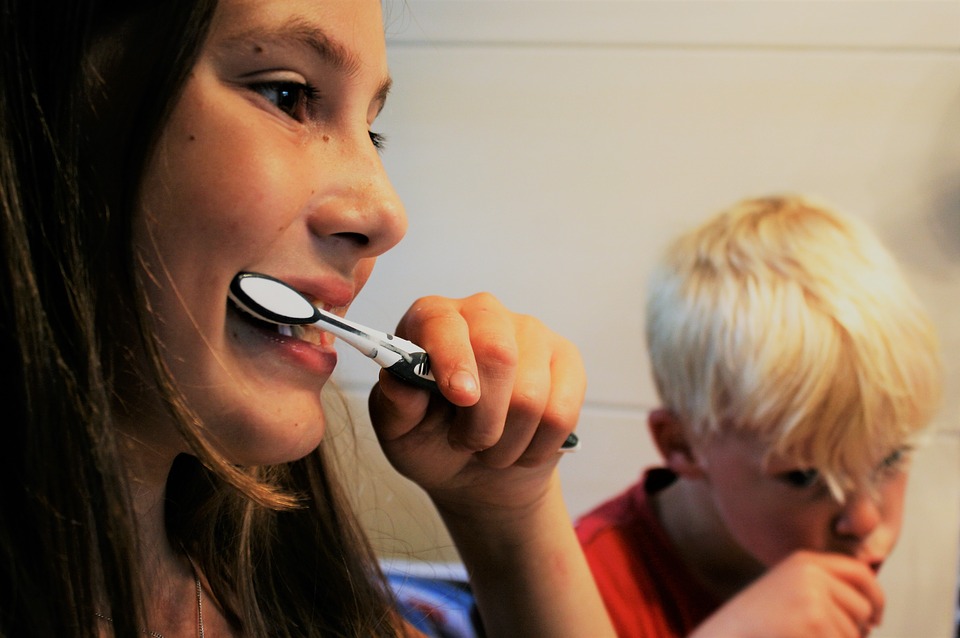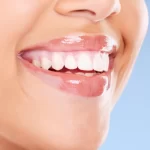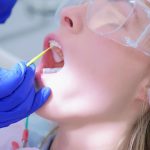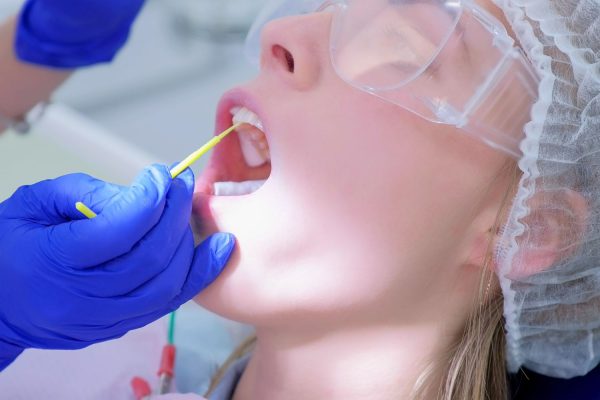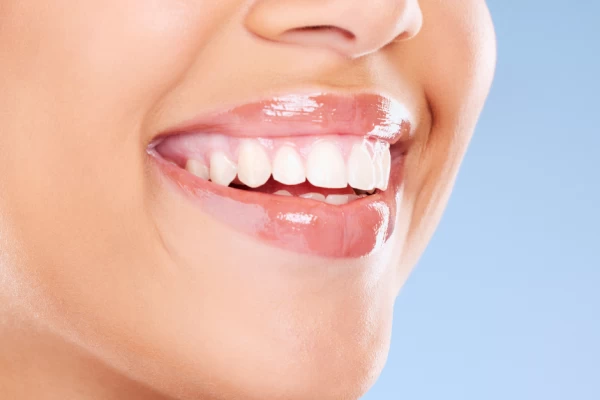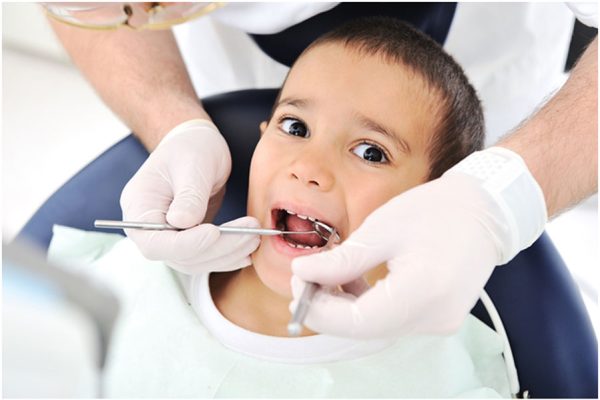Poor dental sanitation and not brushing your teeth frequently can result in unhealthy teeth and bleeding gums. In return, this might boost the probability of various serious health problems like heart disease. According to the WHO, heart disease is the leading cause of death worldwide, killing up to 17 million people every year. This accounts for 40% of all deaths annually – 11,300 people, in Canada, the US, UK, New Zealand and here in Australia.
Usually, the majority of people suffering from cardiovascular illnesses have standard risk factors including obesity, smoking, and high cholesterol. Apparently, researchers have found out the new connection between gum infection and heart disorder and stroke. Gum condition is the most popular infections in people and there are more than 50 studies connecting gum disease with stroke and heart disease.
Individuals with bad dental hygiene who do not brush their teeth often end up with bleeding gums. This provides an entrance to the bloodstream for up to 700 various types of bacteria present in the human mouth. Failure to scrub clean your teeth is going to cause those germs to thrive. Many are important to good health although a few are benign. Some accelerate biological cascade which leads to chronic bacterial conditions which have been linked to atherosclerosis, the main hazard factor of heart illnesses.
Proper dental hygiene is not just for kids. A clean mouth is going to make you stronger against infections, having a good smile and diminishing bad breath. It can never be too early or too late to start caring for your teeth & gums.
Tips for Oral Hygiene
Brushing your teeth for Oral Health
Professionals recommend that you should brush your teeth at least twice every day and particularly after snacks or meals using a toothpaste containing fluoride. Utilise a soft-bristled toothbrush so that it can be gentler on your gums and that which lets you reach all the surfaces. Replace it immediately the bristles are bent, at least between 2 and 3 months.
Spend a minimum of two minutes while brushing your teeth
Place the toothbrush at a slight angle upon your teeth about 45-degree angle where your teeth and gums meet. Gently move your brush in a vibrating back and forth motion, brushing 2 to 3 teeth at a time. Brushing extremely hard can lead to receding gums, loose teeth and tooth sensitivity. To clean the interior surfaces of your front teeth, hold your brush vertically. Make numerous gentle back & forth strokes over each tooth then its surrounding gum.
Utilise a tender back & forth scrubbing movement to clean the biting surface of the teeth. Do not forget to brush your tongue from back to front. This will help to remove odour-producing bacteria. Avoid harsh scrubbing as it can hurt your gums. Consider utilising an electric toothbrush, particularly if you have arthritis or other issues which make it hard to brush well.
Flossing for oral health
All the compact spaces within your teeth or the spaces under your gum line cannot be reached by that toothbrush. Flossing extracts plaque buildup improving oral health. Cautiously ease the floss within two teeth by the use of a back & forth motion. Curve the floss about the corner of the tooth in the form of the letter “C” while it winds around your tooth and slides it up & down the side of every tooth. Lightly pull your floss right from the gum line to the uppermost section of your tooth to get rid of plaque but do not force it beneath the gums. Floss the backs of the teeth. Utilise fresh floss while you proceed through your teeth. Try waxed floss in case you have issues getting floss through your teeth.
Other Oral Hygiene Tips
- Make use of a mouth rinse to assist lessen plaque within your teeth.
- Utilise an interdental cleaner including a dental stick or dental pick specially made to clean within your teeth.
- Use oral irrigators or gadgets which aim a current of water at the teeth, to get rid of food particles.
- Do not use toothpicks or even other objects which are not created to clean the teeth.
When to visit your dentist
Lastly, you should visit your Dentist Office frequently at least twice every year or when you notice any of the following symptoms:
- Red, swollen or tender gums
- Gums which bleed when you are constantly flossing and brushing.
- Gums which are pulling away from your teeth. This may make the teeth appear longer
- Pus around your teeth and gums when you press on the gums
- An unpleasant taste inside of your mouth
- Loose teeth
- Variations in the manner in which your bottom and top teeth touch
- Variations in the experience of your dentures
- Sensitivity to cold and hot
As you can see, proper oral hygiene is important not only for your esteem purposes but most essentially for your overall well-being. So, do not hesitate to practice the needed hygiene to ensure you are not putting your health at risk.

